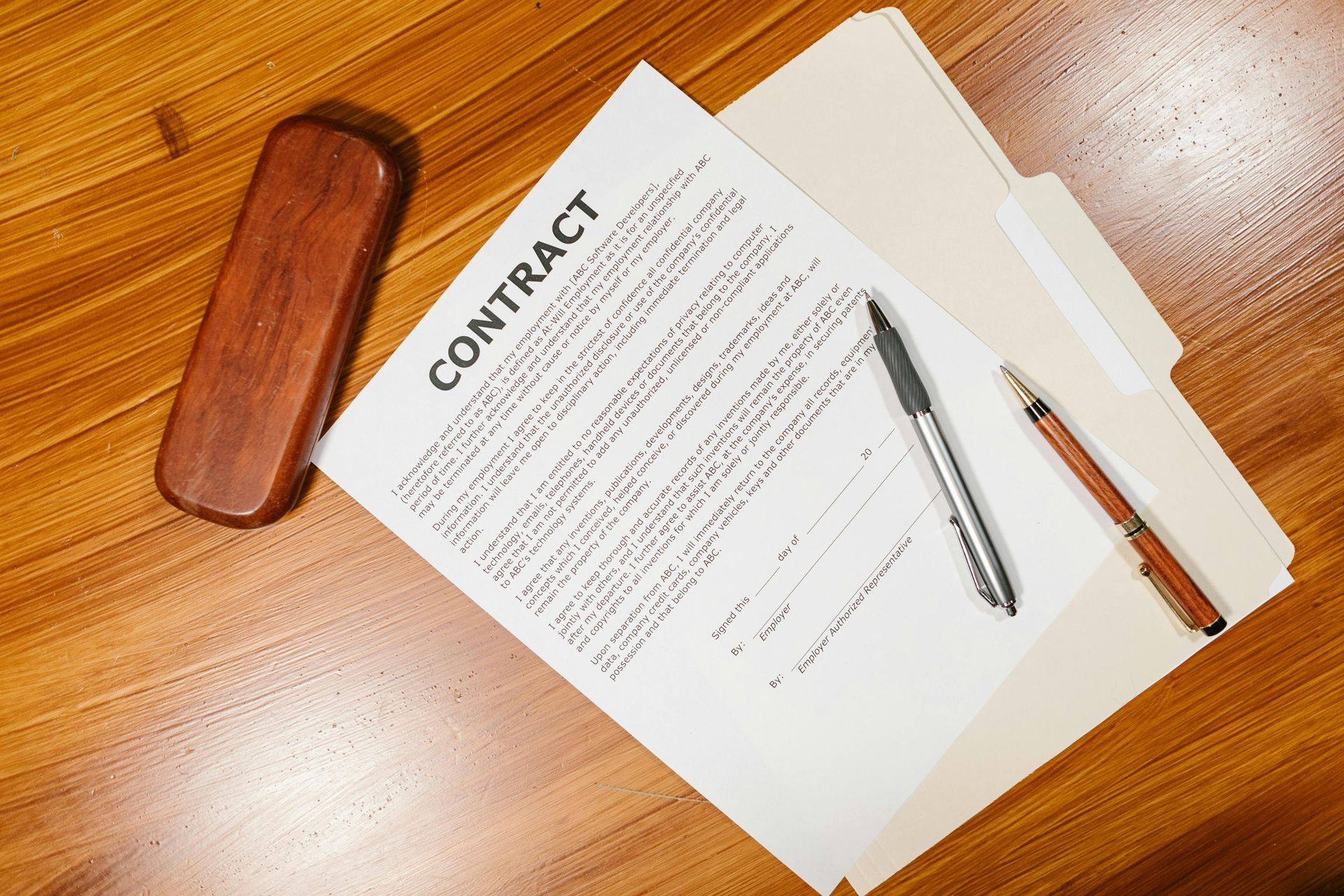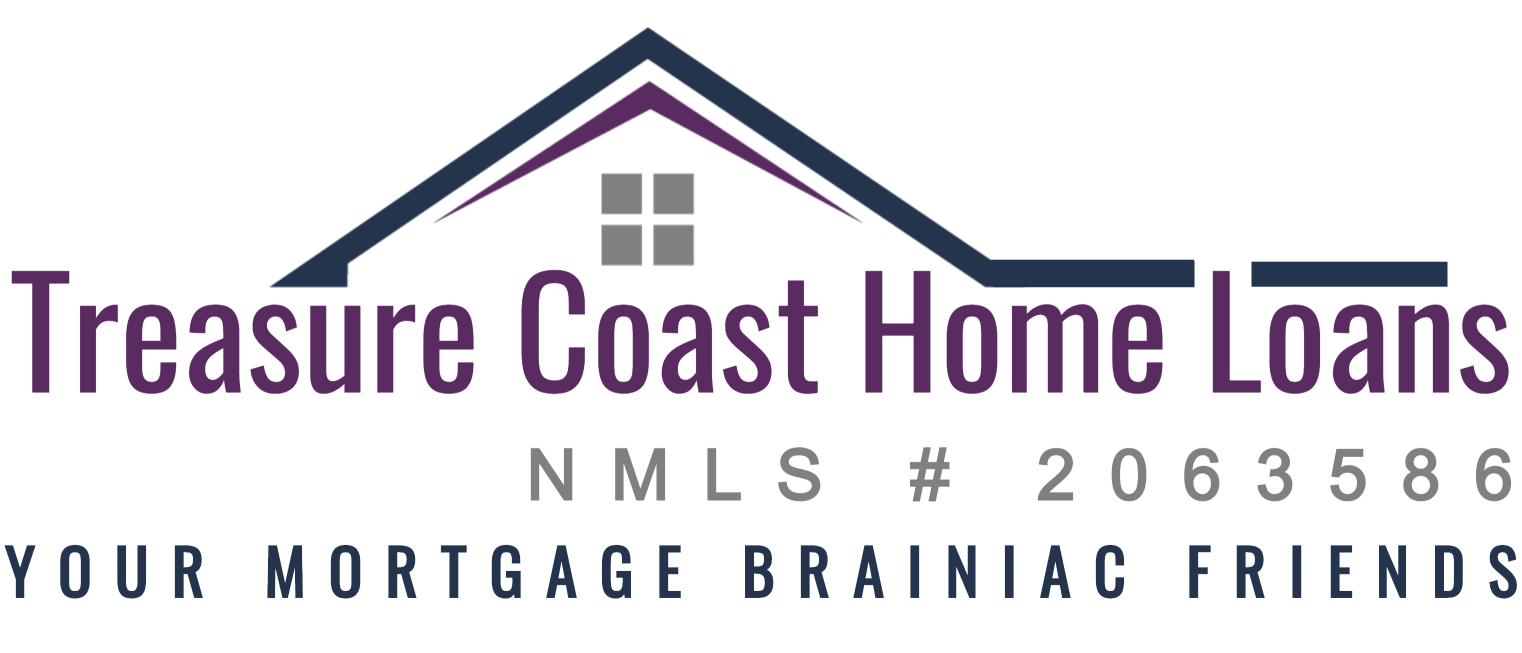Unlock Your Home’s Hidden Treasure: The Complete Guide to Reverse Mortgages and Why Your Mortgage Broker is Your Secret Resource
As retirement approaches or financial needs change, many homeowners aged 62 and older find themselves sitting on their most valuable asset—their home—while struggling with monthly expenses or seeking additional income. Enter the reverse mortgage, a financial tool that can transform your home equity into accessible funds without requiring monthly mortgage payments. But navigating this complex financial landscape requires expertise, which is where working with an experienced mortgage broker becomes invaluable.

What Exactly is a Reverse Mortgage?
A reverse mortgage is essentially the opposite of a traditional mortgage. Instead of making monthly payments to a lender, the lender pays you by converting a portion of your home equity into loan proceeds. The most common type is the Home Equity Conversion Mortgage (HECM), which is insured by the Federal Housing Administration (FHA) and represents about 90% of all reverse mortgages in the United States.
Unlike traditional mortgages where you build equity over time, a reverse mortgage allows you to access equity you’ve already built. The loan doesn’t require repayment until you move out of the home permanently, sell the property, or pass away. At that point, the loan balance (including accrued interest and fees) must be repaid, typically through the sale of the home.
Why Work with a Mortgage Broker for Your Reverse Mortgage?
When considering a reverse mortgage, working with a qualified mortgage broker offers significant advantages over going directly to a single lender. Mortgage brokers act as intermediaries between borrowers and multiple wholesale lenders, providing access to a broader range of products and potentially better terms.
Access to Multiple Wholesale Lenders
Mortgage brokers maintain relationships with numerous wholesale lenders who specialize in reverse mortgages. This network allows brokers to shop your scenario across multiple lenders, comparing interest rates, fees, and loan terms to find the best fit for your specific situation. Different lenders may offer varying maximum loan amounts, fee structures, or qualification criteria, and a broker can navigate these differences on your behalf.
Expert Guidance Through Complex Regulations
Reverse mortgages involve intricate federal regulations, disclosure requirements, and consumer protections. Experienced mortgage brokers understand these complexities and can guide you through the process while ensuring compliance with all applicable laws. They can explain the mandatory counseling requirements, help you understand the various payout options, and clarify your ongoing obligations as a borrower.
Personalized Financial Analysis
A skilled mortgage broker will analyze your complete financial picture, not just your home’s value. They’ll consider your age, current financial obligations, long-term care needs, and estate planning goals to determine if a reverse mortgage aligns with your overall financial strategy. This comprehensive approach helps ensure you’re making an informed decision that supports your long-term financial well-being.
Reverse Mortgage Eligibility Requirements
To qualify for a reverse mortgage, you must meet several specific criteria:
Age Requirements: All borrowers listed on the home’s title must be at least 62 years old. If you’re married and only one spouse meets the age requirement, special provisions apply for non-borrowing spouses.
Primary Residence: The property must be your primary residence, meaning you live there for the majority of the year. Vacation homes or investment properties don’t qualify.
Property Types: Eligible properties include single-family homes, FHA-approved condominiums, townhomes, and manufactured homes that meet HUD requirements. Some multi-unit properties (2-4 units) may qualify if you occupy one unit as your primary residence.
Financial Assessment: Lenders conduct a financial assessment to ensure you can meet ongoing obligations like property taxes, homeowner’s insurance, and maintenance costs. This includes reviewing your credit history, income, and monthly expenses.
Equity Requirements: You must own your home outright or have a low remaining mortgage balance that can be paid off with proceeds from the reverse mortgage.
Property Condition: The home must meet HUD property standards and pass an appraisal. Any required repairs must be completed before loan closing.
How Your Mortgage Broker Finds the Right Wholesale Lender
The process of securing a reverse mortgage through a mortgage broker involves several strategic steps:
Initial Consultation and Needs Assessment
Your broker will begin with a comprehensive consultation to understand your financial goals, current situation, and long-term plans. They’ll review your property details, existing debts, income sources, and family circumstances to determine if a reverse mortgage is appropriate and what type of payout structure would best serve your needs.
Lender Network Analysis
Based on your profile, your broker will identify wholesale lenders within their network who are most likely to offer favorable terms for your situation. Different lenders may specialize in certain property types, geographic areas, or borrower profiles, and your broker’s expertise helps match you with the most suitable options.
Rate and Term Shopping
Your broker will submit your loan scenario to multiple wholesale lenders to obtain rate quotes and term sheets. This competitive process often results in better pricing than you might receive by approaching lenders directly. Brokers can leverage their volume relationships with lenders to negotiate on your behalf.
Application Processing and Coordination
Once you’ve selected a lender, your broker coordinates the entire application process, including document collection, appraisal scheduling, and counseling session arrangement. They serve as your advocate throughout the process, addressing any issues that arise and keeping the transaction moving forward smoothly.
Understanding Reverse Mortgage Costs and Fees
Reverse mortgages involve several types of costs that your mortgage broker should clearly explain:
Origination Fee: This fee compensates the lender for processing your loan and is typically 2% of the first $200,000 of your home’s value, plus 1% of any amount above $200,000, with a cap of $6,000.
Mortgage Insurance Premium (MIP): HECM loans require both an initial MIP (2% of your home’s appraised value) and an annual MIP (0.5% of the outstanding loan balance).
Third-Party Costs: These include appraisal fees, title insurance, recording fees, and credit report costs, similar to traditional mortgage transactions.
Servicing Fee: Some lenders charge a monthly servicing fee (capped at $35) to manage your loan account.
Interest Rate: Reverse mortgages typically offer either fixed or variable interest rates, with variable rates often providing access to higher loan amounts.
Payout Options and Flexibility
One of the key advantages of reverse mortgages is the flexibility in how you receive your funds.
Your mortgage broker can help you understand and choose from several payout options:
Lump Sum: Receive the entire loan amount at closing with a fixed interest rate.
Monthly Payments: Choose between tenure payments (for life) or term payments (for a specific period).
Line of Credit: Access funds as needed, with the unused portion growing over time.
Combination: Combine monthly payments with a line of credit for maximum flexibility.
The line of credit option is particularly attractive because the available credit line grows at the same rate as your loan’s interest rate plus the annual MIP, potentially providing increasing access to funds over time.
The Role of Mandatory Counseling
Before proceeding with a reverse mortgage, federal law requires borrowers to complete counseling with a HUD-approved housing counseling agency. Your mortgage broker can help you understand this requirement and connect you with approved counselors.
During counseling, you’ll learn about reverse mortgage alternatives, the loan’s costs and benefits, and your ongoing responsibilities. The counselor will provide a certificate of completion that’s required for your loan application.
Making the Right Decision for Your Future
Working with an experienced mortgage broker who understands the reverse mortgage landscape and maintains strong relationships with wholesale lenders can make the difference between a smooth, beneficial transaction and a confusing, potentially costly experience. The right broker will take time to understand your unique situation, explore all available options, and guide you toward a decision that supports your long-term financial goals.
Remember, a reverse mortgage is a significant financial decision that affects not only your current situation but also your estate and heirs. Take advantage of your broker’s expertise to ensure you fully understand the implications and benefits before proceeding.
Your home has likely been your largest investment over the years. With the right guidance from a qualified mortgage broker and access to competitive wholesale lending options, a reverse mortgage might be the key to unlocking your home’s potential to support your retirement dreams and financial security.
Start Your Mortgage Application with Treasure Coast Home Loans
Your Local Mortgage Broker
Mortgage Broker Port St. Lucie, Florida
Learn More About the Mortgage Process.
Check Out Our Google Verified Reviews










